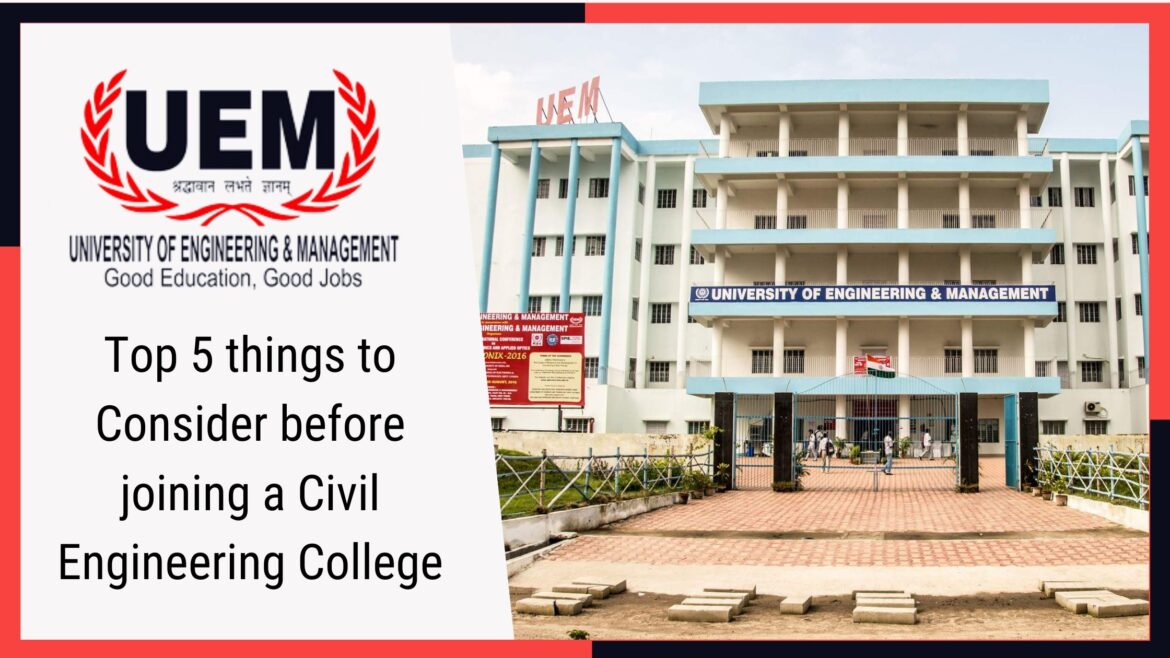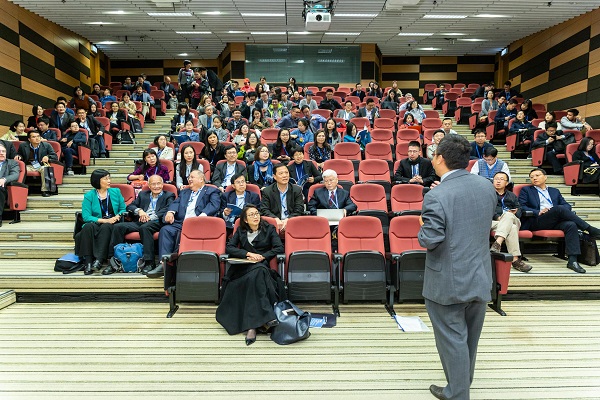Civil engineers design, build, and shape the world around us, having a tangible impact on daily life. The high demand for graduates makes it a promising career choice. Pursuing a degree in civil engineering means learning how engineers shape, build, maintain, and expand societies by designing and managing infrastructure projects, from bridges to satellites.
What is Civil Engineering?
Civil engineering is professional training in designing and developing infrastructure projects. This can be on a massive scale like the improvement of nationwide transport systems or water supply systems, or on a smaller scale like the expansion of individual roads or buildings.
All features of building a structure fall into the responsibility of a civil engineer. This can comprise design, planning, budgeting, construction management, analysis, and surveying, and often civil engineering careers embrace a combination of all these components.
Entry Requirements
Civil engineering skills are clearly entrenched in mathematics and science. A high level of competence in these subjects is needed in order to envisage the functioning and potential of the structures they make. That’s why students with sound backgrounds in physics and mathematics and those who are also interested in planning functional structures, from bridges to hydropower schemes, are primary aspirants to study civil engineering.
Things to Consider Before Joining a Civil Engineering College
If you have lately passed your 12th and aspire to take up a career in the field of engineering, then you must be considering taking admission to one of the best Civil Engineering Colleges. But these days so many engineering colleges have set off that it has become challenging to single out the right college. So, selecting the Best College for Civil Engineering is essential to ensure your groundwork is laid strong. Here are the top 5 things you need to remember before choosing the right civil engineering college:
- Course Curriculum:
It’s important to ensure that the civil engineering college you choose has a well-rounded course curriculum that covers the latest technologies and advancements in the field of Civil Engineering. Make sure the curriculum is aligned with your career goals and aspirations.
- Faculty:
A well-equipped and experienced faculty can make all the difference in your academic journey. Look for Civil Engineering Colleges with strong faculty who have both academic and industry experience.
- Infrastructure and Labs:
Civil Engineering is a practical field and requires hands-on experience. Make sure the civil engineering college you choose has the necessary infrastructure, equipment, and labs for you to gain practical knowledge.
- Placement:
Consider the college’s industry connections and placement opportunities. This can give you a head start in your career and help you get valuable industry experience.
If you are going in for a civil engineering degree, then you will certainly want to get a good job after the completion of your degree. But if you are going to get admitted to a civil engineering college where companies do not turn up for the placement, then you too will not be offered a placement opportunity. So, whenever you intend to get admission to a civil engineering college, then positively appreciate what facilities are offered for placements and which companies turn up for placement.
- Examinations
Top Civil Engineering Colleges frequently go together with a qualification for writing an entrance exam to enter the college. These Civil Engineering Exams can be exclusive to the institute or can even be a standard entrance examination where the student is required to prove their aptitude against so many other students who are applying for the same college.
Conclusion
These are the top 5 things you should consider before joining a Civil Engineering college. Take your time, do your research, and choose the civil engineering college that’s right for you. A well-rounded education, industry connections, and practical experience will go a long way in securing a successful career in Civil Engineering.







